About Hurricane Michael
Hurricane Michael was the most recent natural disaster in Florida, striking the Florida Panhandle in October 2018. Michael was a Category 5 hurricane – the first to hit the contiguous US states since Hurricane Andrew. Nearly 60 Americans were killed. The economic damages were record-breaking.
Claimants may still have time to file claims with the insurance companies. Our skilled insurance dispute lawyers are ready to help verify your right to file a claim and to help you properly document and claim all your damages.
Who we represent
Protecting against damage to homes and the contents isn’t just for single-family homeowners. The following types of owners should also consider protections for their residences:
We also represent vehicle owners whose cars, trucks, motorcycles, boats, and other vehicles have been damaged by storms, by other drivers, or for other reasons.
Business interruption claims
When property damage occurs, homeowners mainly need an alternative place to live and sleep until they either move or until the repairs are made. Business owners have much more to consider. When fires, floods, hurricanes, and other events cause property damage, the business usually needs to suspend operations – in whole or in part. Some businesses may be able to survive being shut down for a day or two, maybe a week. Most can’t survive being shut down for a month or longer.
All businesses should buy business interruption insurance to protect against negligence, intentional wrongs, and natural disasters. This type of business insurance should include many things including:
- Lost income
- The cost to bring the business online if needed
- The cost to inform customers, clients, and vendors that the business will be down and to take steps to keep the customers during the interruption
Business interruption insurance is usually purchased in addition to the property insurance policy. The property insurance disputes need to be resolved concurrent with the business interruption disputes.
Common questions about insurance claims in Florida
In addition to coverage issues, insurance disputes often center around the amount of damages that should be paid. Some of the questions you should ask your agent include:
- Are you entitled to the loss of value of your home?
- Are you entitled to whatever it costs to repair your home so it’s structurally and aesthetically the same as it was before the disaster?
- Will the insurance company pay for your stay in a hotel or other residence while the repairs take place?
- Who has the right to choose the repair-people?
- If a man-made event destroyed your property, is that covered?
- If a natural disaster destroyed your property, is that covered?
- Are you entitled to contents losses (the damage to your furniture, clothes, computers, etc.)?
- What happens if the damage to your home was due to damage to another person’s home (i.e., a leaking pipe in the condo next door)?
Policy exclusions
A common defense that insurance companies will raise is – Do any exclusions apply? Some common exclusions are:
- The loss is covered in a different policy
- The loss wasn’t due to an accident
- The policyholder could have controlled/limited the loss
- The loss is due to general wear and tear
The policy should be reviewed by experienced insurance lawyers so it’s clear what emergencies the policy covers. In some cases, the policy should be amended or updated – or a different policy may be needed.
The role of public adjusters
Florida allows claims adjusters to become licensed public adjusters. In theory, these people act as agents for policyholders. They negotiate on behalf of the insured in return for a fee or a percentage of the recovery.
As a general rule, it is much more advisable for policyholders to seek the advice of legal counsel. Gene Warhurst is a former claims adjuster, which means he is aware of the “tips and tricks” that insurance companies use in order to lowball your claim.
Fighting bad faith negotiation tactics on behalf of Florida’s insureds
Florida insurance claims are governed by the Unfair Claim Settlement Practices Act, which is aimed at protecting policyholders from bad faith claims. Generally, insurance companies must negotiate in good faith. If the insurance company fails to negotiate fairly, our Florida insurance dispute attorneys demand that they be held liable for everything the policy owner should have been paid under the policy. Additionally, insurance companies can be held liable for all damages – even if they exceed the policy limits. They may also be held liable for legal fees and interests.
Examples of bad faith negotiation include:
- Stalling and delaying the investigation of the claim and the review of damages
- Denying a claim without legal or factual support
- Not valuing the property and home damage according to acceptable standards – or giving offers they know are low
- Threatening prosecution that is unwarranted – such as claiming arson when they know the fire was an accident
- Making misleading statements
- Telling you that you don’t need an attorney
Some insurance companies try to force property owners to sign a full release before every part of the claim is resolved. Do not sign anything until you have spoken to a lawyer.

